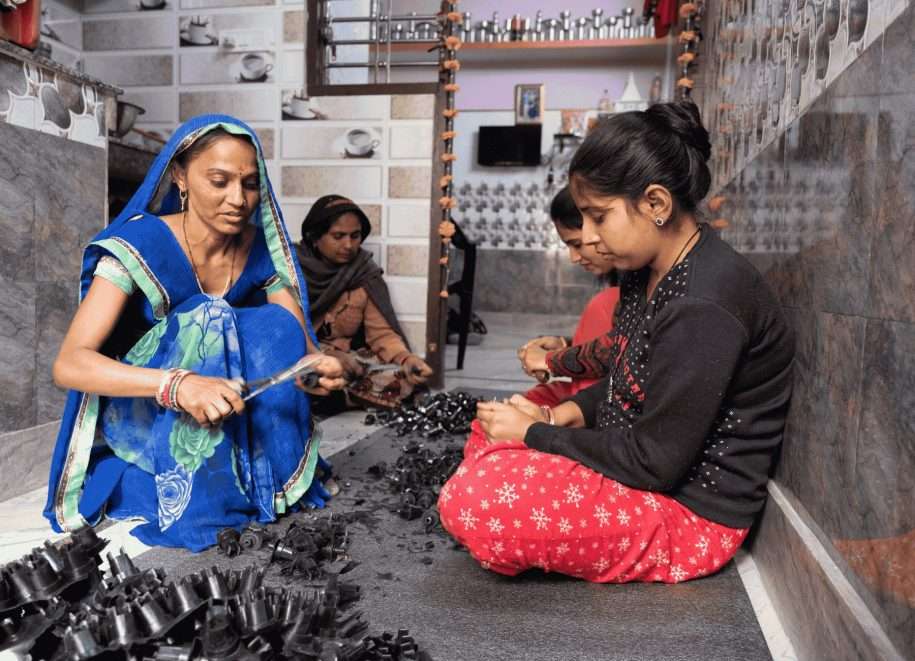India’s economic growth is constrained by its low female labour force participation rate, which remains well below the average for low and -middle-income countries. Despite ongoing policy efforts to improve women’s workforce participation, systemic barriers continue to limit their ability to access, retain, and re-enter employment. Factors such as limited access to skills training, financial exclusion, informal employment structures, and caregiving responsibilities create persistent challenges that prevent women from fully participating in the labour market. Overcoming these barriers is not just a social imperative but also a strategic business opportunity that corporations can harness to drive inclusive economic growth while strengthening their supply chains and workforce resilience.
Acumen, in partnership with Primark and LEAD, conceptualised the study to examine the role that social enterprises play in bridging the gender gap in employment. The study, based on a survey of 1,030 women across India, involved social enterprises such as LabourNet, Haqdarshak, and Gram Vaani (Acumen’s investee companies). The note analyses the impact of services offered by social enterprises and identifies scalable models that corporations and investors can support to expand employment opportunities for women, enhance business sustainability, and contribute to a more inclusive economy.
Insights can be useful for investors and corporations who are either already working or interested in working more closely with social enterprises (e.g., as part of their inclusive supply chain management or ESG efforts) in emerging markets that have a predominantly female workforce.


